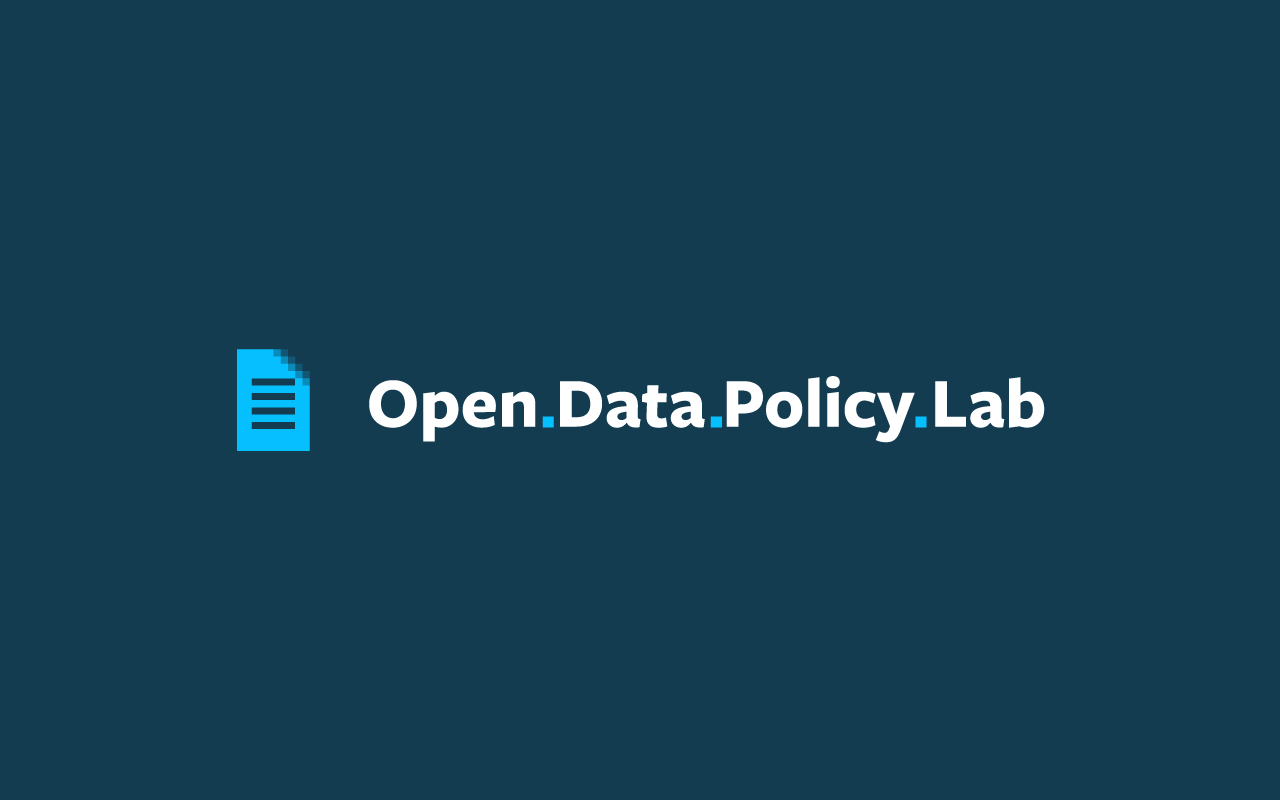
Stefaan G. Verhulst at Open Data Policy Lab: “The belief that we are living in a data age — one characterized by unprecedented amounts of data, with unprecedented potential — has become mainstream. We regularly read phrases such as “data is the most valuable commodity in the global economy” or that data provides decision-makers with an “ever-swelling flood of information.”
Without a doubt, there is truth in such statements. But they also leave out a major shortcoming — the fact that much of the most useful data continue to remain inaccessible, hidden in silos, behind digital walls, and in untapped “treasuries.”
For close to a decade, the technology and public interest community have pushed the idea of open data. At its core, open data represents a new paradigm of data availability and access. The movement borrows from the language of open source and is rooted in notions of a “knowledge commons”, a concept developed, among others, by scholars like Nobel Prize winner Elinor Ostrom.
Milestones and Limitations in Open Data
Significant milestones have been achieved in the short history of the open data movement. Around the world, an ever-increasing number of governments at the local, state and national levels now release large datasets for the public’s benefit. For example, New York City requires that all public data be published on a single web portal. The current portal site contains thousands of datasets that fuel projects on topics as diverse as school bullying, sanitation, and police conduct. In California, the Forest Practice Watershed Mapper allows users to track the impact of timber harvesting on aquatic life through the use of the state’s open data. Similarly, Denmark’s Building and Dwelling Register releases address data to the public free of charge, improving transparent property assessment for all interested parties.
A growing number of private companies have also initiated or engaged in “Data Collaborative”projects to leverage their private data toward the public interest. For example, Valassis, a direct-mail marketing company, shared its massive address database with community groups in New Orleans to visualize and track block-by-block repopulation rates after Hurricane Katrina. A wide number of data collaboratives are also currently being launched to respond to the COVID-19 pandemic. Through its COVID-19 Data Collaborative Program, the location-intelligence company Cuebiq is providing researchers access to the company’s data to study, for instance, the impacts of social distancing policies in Italy and New York City. The health technology company Kinsa Health’s US Health Weather initiative is likewise visualizing the rate of fever across the United States using data from its network of Smart Thermometers, thereby providing early indications regarding the location of likely COVID-19 outbreaks.
Yet despite such initiatives, many open data projects (and data collaboratives) remain fledgling — especially those at the state and local level.
Among other issues, the field has trouble scaling projects beyond initial pilots, and many potential stakeholders — private sector and government “owners” of data, as well as public beneficiaries — remain skeptical of open data’s value. In addition, terabytes of potentially transformative data remain inaccessible for re-use. It is absolutely imperative that we continue to make the case to all stakeholders regarding the importance of open data, and of moving it from an interesting idea to an impactful reality. In order to do this, we need a new resource — one that can inform the public and data owners, and that would guide decision-makers on how to achieve open data in a responsible manner, without undermining privacy and other rights.
Purpose of the Open Data Policy Lab
Today, with support from Microsoft and under the counsel of a global advisory board of open data leaders, The GovLab is launching an initiative designed precisely to build such a resource.
Our Open Data Policy Lab will draw on lessons and experiences from around the world to conduct analysis, provide guidance, build community, and take action to accelerate the responsible re-use and opening of data for the benefit of society and the equitable spread of economic opportunity…(More)”.